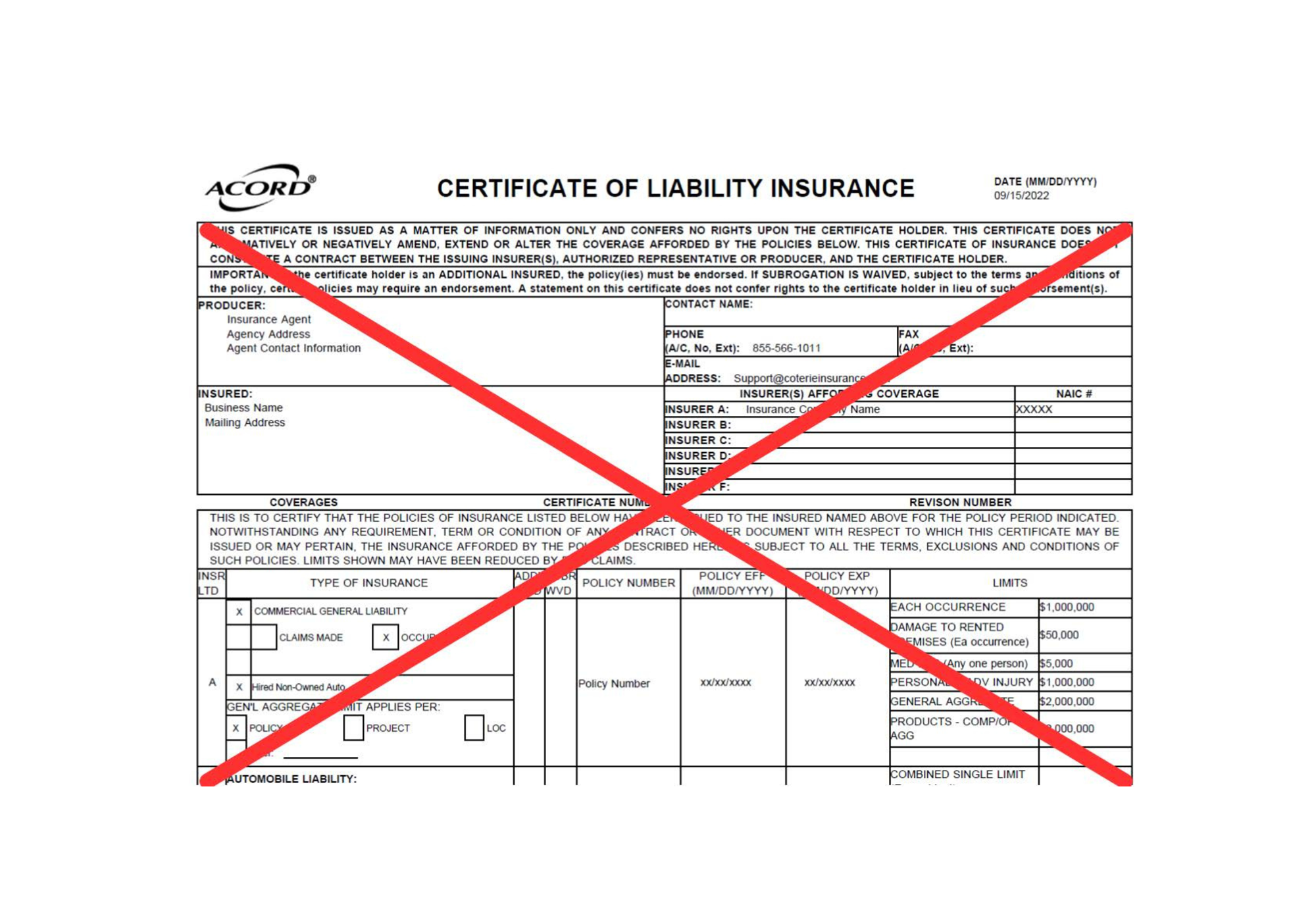Alcohol Tax Bond Claims Guide
Estimated Read Time: 5 minutes11-22-2021

The sale of alcohol and liquor is regulated by various State Departments across the US through the use of licenses and surety bonds which serve as protection against the actions of distributors, vendors, manufacturers, or other licensees in the alcoholic beverage industry.
While the license helps the State monitor the conduct of the licensee, the Alcohol Tax Bond is used to guarantee that the licensee will surrender all taxes or other payments that are due.
The Alcohol Tax Bond must be issued by a third-party entity, such as Jet Insurance Company, to ensure that there is an avenue for the State to receive due taxes. Jet will absolutely fulfill the terms of the bond and pay the State when needed, but Jet will also protect you against false accusations.
Other names that may be used for a bond with similar purposes are the Liquor Tax Bond, Alcoholic Beverages Tax Bond, Mixed Beverages Tax Bond, etc.
What Would Entail a Claim on an Alcohol Tax Bond?
An Alcohol Tax Bond is exactly what it sounds like: it is used as a financial tool to recover taxes that aren’t paid by the licensee. The governing entity will file a claim on the bond if they do not receive due taxes in a timely manner.
Honoring your obligation to pay taxes for the sale, possession, or manufacture (as applicable) of alcoholic beverages will prevent claims, and if a payment is late or missed, fulfilling the payment and any accrued penalties or fees will prevent escalating the issue into an Alcohol Tax Bond claim.
Statute of Limitations on When Alcoholic Beverage Bond Claims Are Filed
In general, the coverage of a tax bond is limited to the time that the surety bond was active and generally, claims can only be filed within that active period. However, some states may allow claims to roll in after the bond’s end, given that the offensive action still occurred during the bond’s active period. It’s important to familiarize yourself with your bond’s specifics.
Monetary Limit on Liquor Tax Bond Claims
As for how much coverage is provided by an Alcohol Tax Bond, claims cannot exceed the bond limit. The limit is highly dependent on the state where the licensee is conducting business and how much is owed for excise taxes on manufacturing, transacting, or distributing alcohol. In some cases, the State will have a set limit. One such instance is in Florida, where a brewer needs to have a $20,000 Alcoholic Beverages Tax Bond. But more often than not, the bond limit is based on the percentage of taxes owed and can be equal to one, two, or three months of total taxes due.
Claim Process for a Liquor Tax Bond With Jet

Demand of Payment / Disciplinary Action
When a tax payment is missed, the State Department, which is the regulator, will typically send out a demand of payment. If the missed payment is just an error, paying the taxes will typically resolve the issue, although fees and penalties may be added for late payment.
Failure to pay the money that is owed to the State for your duties as a licensee working with alcoholic beverages will lead to the State taking action to get the money that is owed. This could be in the form of disciplinary action or filing a claim against the Alcohol Tax Bond.
To see how this would play out in a real-life scenario, let’s use an example of an alcoholic beverage distributor in Florida—we’ll call her Margarita. Margarita has a $25,000 Liquor Tax Bond that’s on file with the Division of Alcoholic Beverages and Tobacco. But, Margarita failed to submit her taxes so the Division will begin the process of getting the owed payment.
When payment is missing, the Division’s first response isn’t an immediate bond claim. Initially, a demand of payment would be issued, giving Margarita 10 days to fulfill the tax payment. If payment is still incomplete, the Division will fix the tax unless Margarita applies for a hearing. Margarita doesn’t file for a hearing and still doesn’t pay her taxes, so the Division moves on to the next step.

Bond Claim
If a claim has been filed against the Alcoholic Beverages Tax Bond, Jet will see if there is any defense available—proof of payment may clear up the issue, so any available paperwork should be submitted. That being said, when a government agency is filing the claim, they are usually able to provide ample evidence in support of the claim. A legitimate bond claim would mean that Jet will have to honor the terms of the bond and pay what was owed in taxes (and applicable fees and penalties) to the State.
Following Margarita’s failure to pay her taxes initially and after the demand of payment, the Division will take action against the Liquor Tax Bond to receive the due tax payments. When Jet is notified of the claim, our team will review all available information to check whether the claim is valid and see if Margarita has any evidence of payment in her defense. Unfortunately, Margarita isn’t able to provide such evidence and the claim is proved valid; Jet has to pay the claim amount to the Division.

Indemnification
A surety bond doesn’t work like insurance (which covers you from damages). Surety bonds are meant to provide protection to others when your actions have caused financial distress. In the case of Alcohol Tax Bonds, it is the State that is protected against your failure to submit taxes.
Also unlike insurance, a surety bond must be repaid after a claim payout. This is the nature of a surety bond: to provide payment to an injured party on behalf of the licensee, but it does not excuse the licensee from the liability of their actions. As such, the licensee is responsible for paying Jet back in the amount that was paid out from the bond, which is typically the claim and any accrued court costs if they are covered by the bond.
The Division (aka the injured party) receiving payment from the Alcoholic Beverage Bond doesn’t complete the life cycle of a surety bond. Margarita will need to pay Jet back, a practice that is enforced by all surety companies.
It is crucial to understand the details of the Liquor Tax Bond as it pertains to your licensing. Check the chart below for State-specific information.


